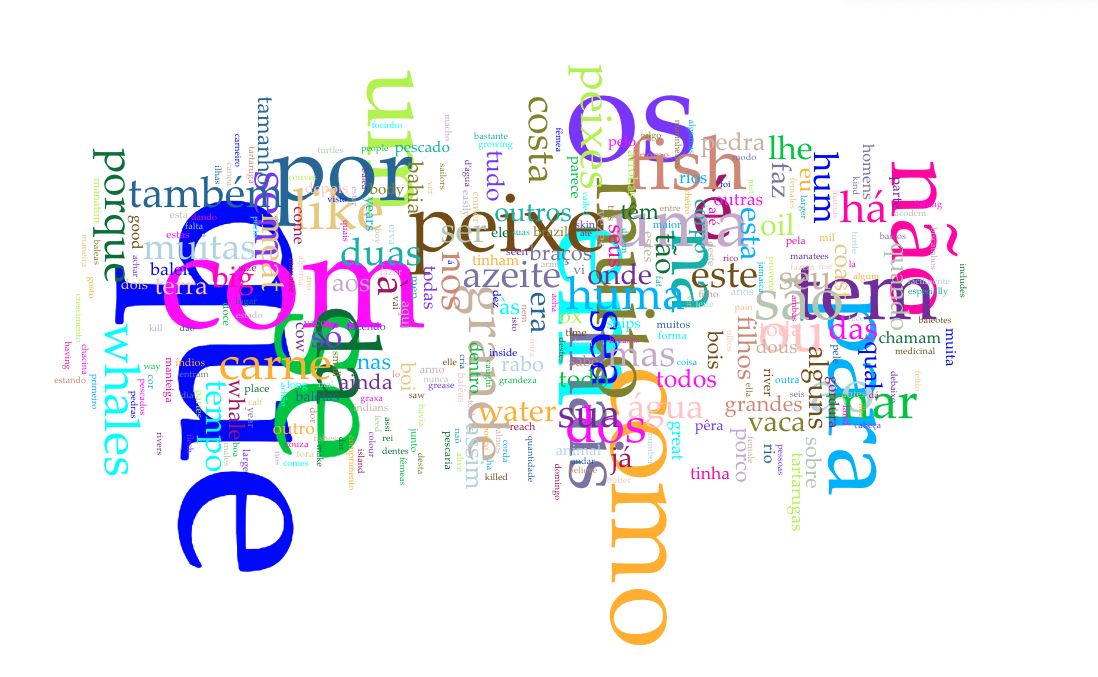Welcome to the Sea Citation Database

This database is the result of around 15 years of searching, selecting, compiling, and analysing written sources from European, and most particularly Iberian, authors. This database provides direct quotations from primary and secondary sources in Portuguese and Spanish, and sometimes its translation into English.
The chronological frame spans the period from Antiquity to the 20th century, with a large focus on the late medieval and early modern periods (15th to 18th centuries). Geographically, the information is spread mostly within the Atlantic basin (North and South) with few records from the Indian and the Pacific Oceans.
Open access to this database aims at making it available as a systematic organization of historical data related to marine animals, with a strong emphasis on marine mammals - whales, seals, sirenians. From historical descriptions of animals observed both onboard and from land, stranded or fished/hunted animals, it has been possible to extract information regarding perceptions, knowledge construction, and values attributed to marine animals, indigenous and European uses, mythologic significance and relevant by-products such as ambergris, baleen, whale oil, shells and pearls.
The database also fills a gap related to the integration of Portuguese and Iberian sources in the historical analysis. With that, we aim at contributing to research on imperial ecology and nature appropriation, more-than-human agencies, use and transformation of coastal, marine, and oceanic spaces, marine exploitation, fishing, trading, sealing, and whaling, within the global historiography of Ocean History, History of Natural History, History of Science, Colonial studies, Animal studies, and Environmental History.
Technical Information
SeaCite, the Sea Citation Database, is a bespoke, in-house programmed, searchable, online resource. It has been established in conjunction with the specific research efforts of the CONCHA project together with partner institutions in order to provide a simple and approachable means of accessing valuable research information originating from qualitative data sources which are provided in a uniform, information rich, quantitative format.
The underlying programming has been developed using the Php (Hypertext Pre-processing) and MySQL (My Structured Query Language) coding, in association with HTML, Java and Javascript sequences to enhance accessibility. It is focused on user experience with a view to promoting visual and physical accessibility options, but does not sacrifice the need for simplicity and clarity which are necessary to enable academic and general research processes.
With full data compliance within the Dublin Core, and directed structuring within the Darwin Core metadata schemas, the database is fully prepared for integration into Big Data structures to ensure international accessibility. As a fundamental element, all of the underlying data is provided duty and royalty free to ensure full public domain access; the system is covered by Creative Commons Licensing regulations to ensure that relevant academic copyrights are in force without hindering the full levels of public access which are essential to the ethos of the CONCHA project.
